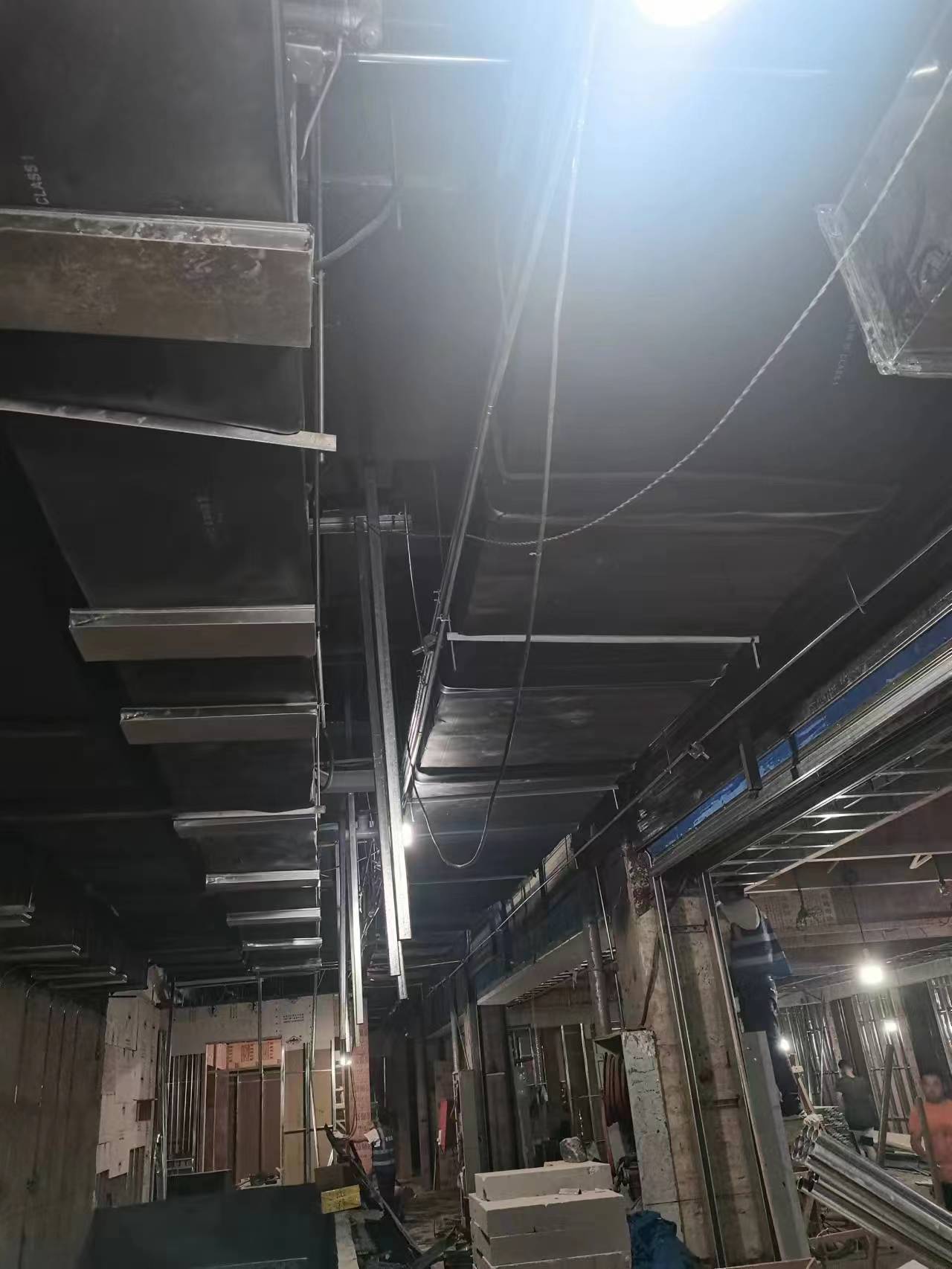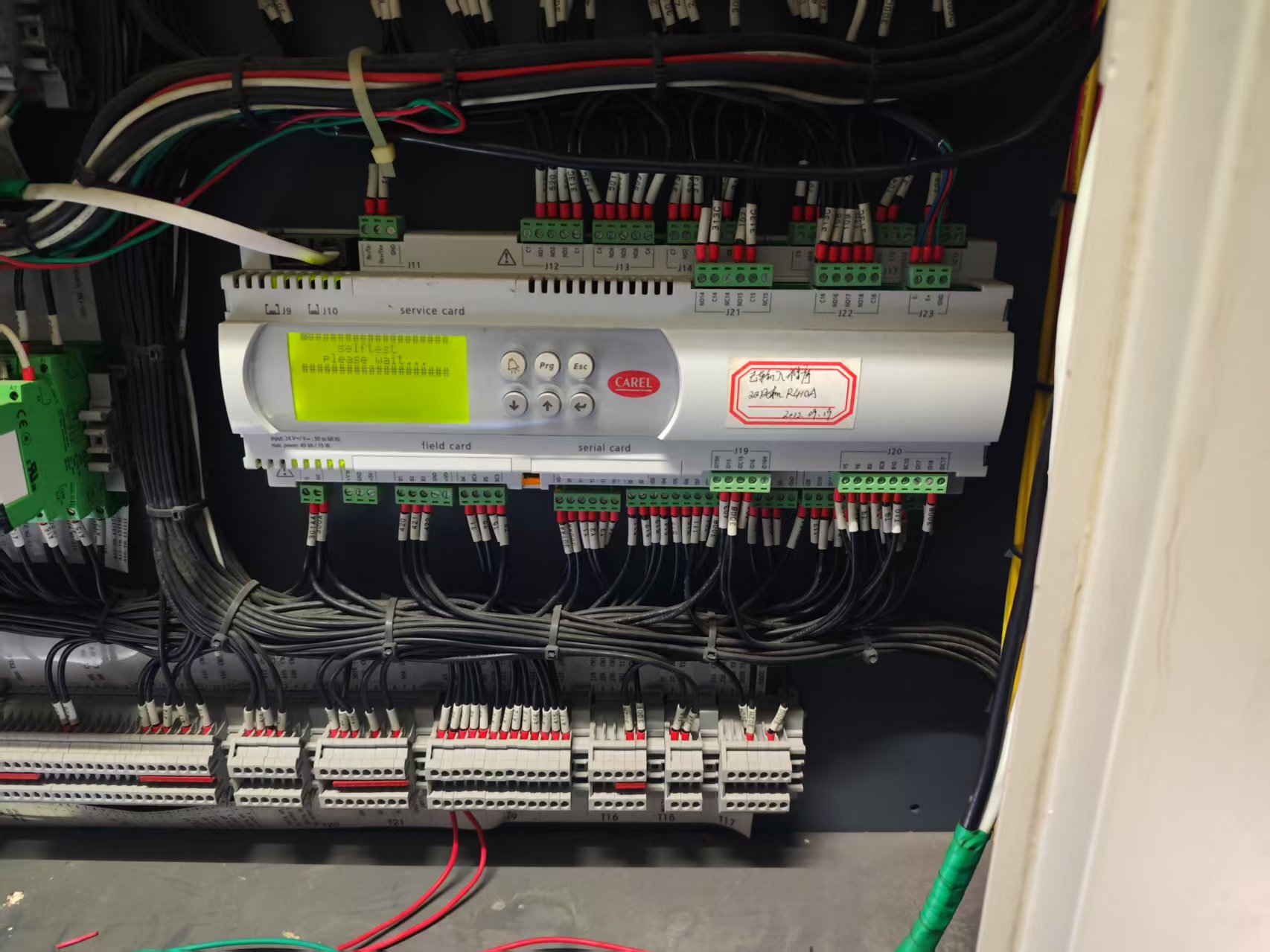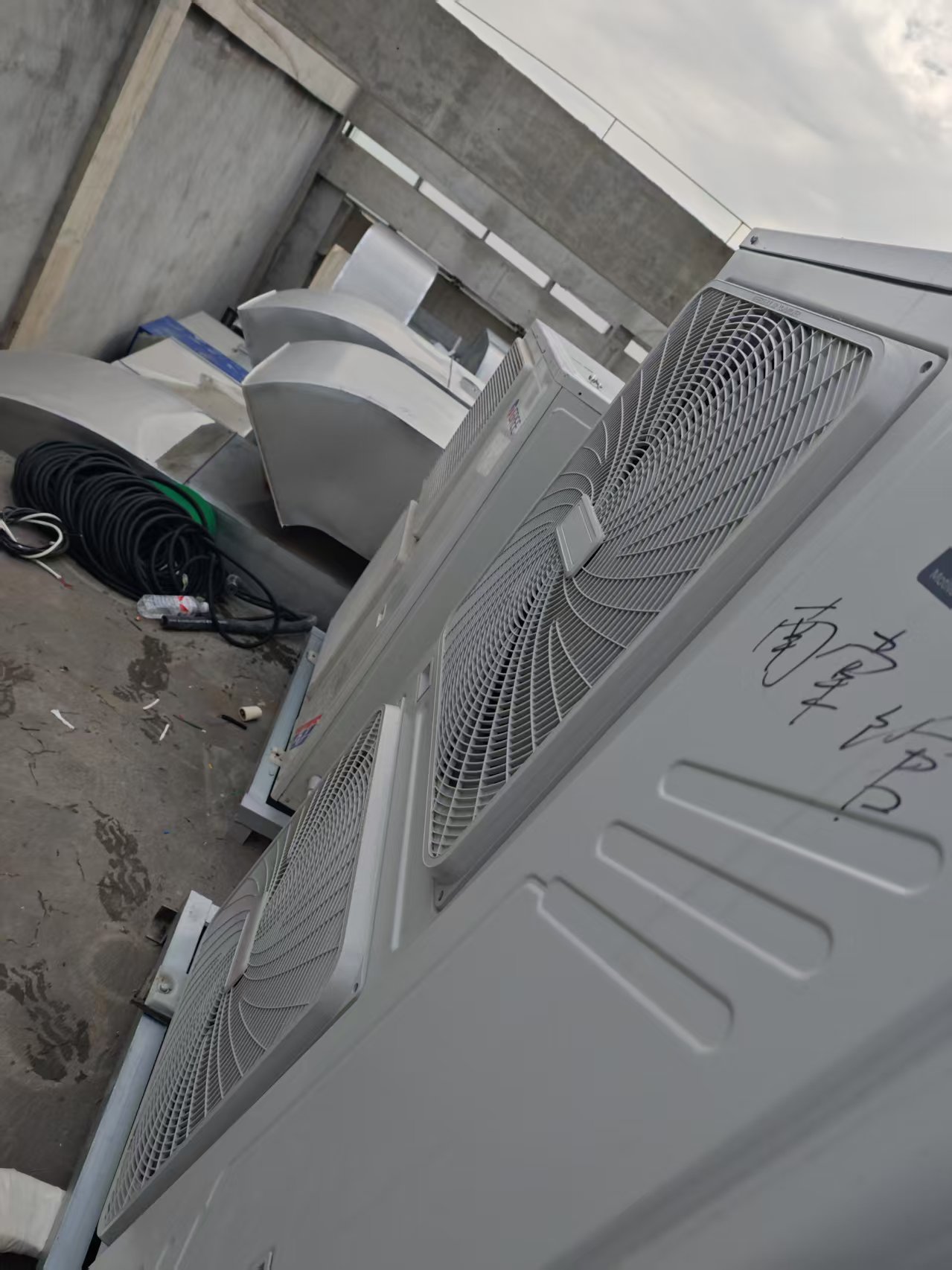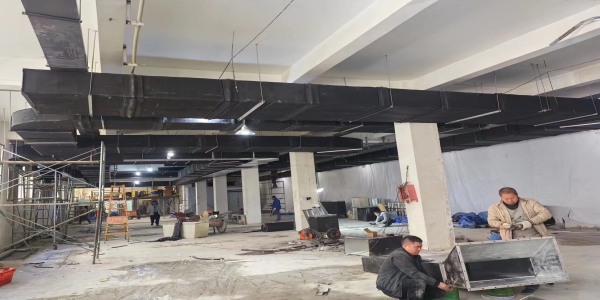In today's world of energy conservation and environmental responsibility, it's crucial for businesses to adopt sustainable practices in their operations. One such area where efficiency can be significantly improved is the utilization of HVAC systems. This article explores how advanced control panels and automation techniques can help reduce energy consumption in industrial facilities like factories and data centers.
Central air conditioning units are essential for maintaining comfortable temperatures inside buildings. However, these systems can also consume significant amounts of energy if not properly maintained or controlled. That's where the factory central air conditioning energy-efficient control panel comes into play.
This device uses sensors and intelligent algorithms to monitor temperature, humidity, and other parameters that affect indoor comfort. It then adjusts the system's settings accordingly, optimizing energy usage without compromising on the quality of the environment.
By integrating this control panel with building management systems (BMS), manufacturers can create a smart facility management solution. The BMS collects real-time data from various sensors throughout the building, including HVAC units, lighting, and water systems. This information is then analyzed by the control panel to provide optimal energy usage recommendations.

One of the primary benefits of using an energy-efficient control panel is reduced operational costs. By minimizing waste and maximizing efficiency, businesses can save money on electricity bills while improving their bottom line. Additionally, this approach helps comply with regulatory requirements and industry standards, ensuring compliance with environmental regulations.
Another advantage of implementing a centralized control system is increased flexibility and scalability. The control panel can adapt to changes in demand and weather patterns, allowing for more efficient use of resources during peak periods. This ensures a comfortable working environment for employees and reduces stress levels associated with unpredictable power outages.
Moreover, incorporating smart technologies in HVAC systems has opened up new opportunities for innovation and cost savings. For example, using geothermal heat pumps can reduce reliance on traditional fossil fuels, making the system more eco-friendly. Additionally, implementing artificial intelligence in HVAC systems can improve maintenance schedules, reducing downtime and lowering overall costs.

However, the adoption of such technology does require careful planning and implementation. It's important to choose reliable vendors who can offer comprehensive support services post-installation. Moreover, training staff on how to operate and maintain these systems effectively is crucial.
In conclusion, the integration of advanced control panels and automation techniques in HVAC systems offers numerous benefits for industrial facilities. From cost savings to improved operational efficiency, embracing sustainable practices can lead to long-term financial gains. As businesses strive to meet the demands of today's fast-paced economy, adopting energy-efficient solutions becomes increasingly critical.

As an AI language model, I am designed to generate text based on prompts provided. Therefore, my knowledge base only goes as far back as the early 21st century. However, I have been trained on vast datasets covering a wide range of topics, so I may not always know the exact year or location when events took place. If you would like me to add any specific details or references to historical events or cultural references, please let me know, and I will do my best to incorporate them into the content.








咨询热线
027-86670315 13971156108